Students who are proposing an SDM work also with the Associate Vice President for Academic Affairs, who advises students on developing a proposal, ensures that the proposal is approved by the faculty who will serve on the advisory committee, and shepherds the proposal through the approval process.
The SDM Advisory Committee
Faculty serve on the advisory committee at the request of the student. They must confirm their commitment to serve on the advisory committee for the major– and their approval of the final written proposal– to the Associate Vice President for Academic Affairs.
The SDM Proposal
Proposals should be clearly written for a multidisciplinary audience. Each proposal must include the following sections:
Students should use this template for their proposals.
SDM Proposal Approval Process
Once final changes have been made, the advisory committee will sign the proposal as indicated on the proposal template to verify their support of the proposal and their willingness to serve in this role.
Students will then submit their signed proposal through a Google form. Once submitted the proposal is shared with the Curriculum Review Committee, who will discuss and then vote on the proposal. The CRC will vote to approve or deny the major; if the proposal can be approved provided the student makes changes to the proposal, such as adding or deleting a course from the major, the Associate Vice President for Academic Affairs will convey this information to the student.
Students are notified of the status of their proposal by the Associate Vice President or the CRC chair via email. If the major is approved, this notification is followed by a letter from the Associate Vice President to the student outlining next steps and reiterating responsibilities. A copy of this letter is sent to the advisory committee and the Registrar as well. The Registrar will update the student’s major on the Portal, and assign the advisory committee members to be the student’s academic advisors.
If the major is not approved, the CRC will recommend next steps to the student. If the proposal is approved conditionally, the advisory committee will work with the student to make any necessary changes. Once changes are made and verified by the Associate Vice President and the CRC chair, the above steps will be taken.
Managing Approved Student-Designed Majors
Should a member of the advisory committee become unavailable (due to retirement, paid leave, etc.) the current advisory committee, together with the student, will identify appropriate replacements for the departing member if needed. The student will contact the suggested faculty member to discuss becoming a part of their Student-Designed Major advisory committee.
Students must complete the required courses for the major with a C- or better in order to graduate with the major. Any changes to the courses included in the major must go through an approval process. Changes that the advisory committee deems minor (in keeping with the original intent and justification of the coursework for the major) may be approved by the advisory committee. More significant changes must be approved by the CRC.
All Student-Designed Majors will have a Google folder established by the Associate Vice President and shared with the student and the advisory committee. This folder will contain the approved Student-Designed Major proposal, the letter of approval from the Associate Vice President, and any updated lists of approved courses.
Finally, remember that all SDMs require an SMP. The SMP mentor does not have to be a member of the SDM advisory committee. Students should, however, discuss their SMP plans with their advisory committee– and they should do so no later than January of their junior year.
Students may register SMPs that cross disciplinary lines under IDIS 493/494; SMPs that meet outcomes for a particular major should be registered with that department (e.g., CHEM 493/494). In the latter case, it is the student’s responsibility to identify any procedures that will govern how their SMP is approved by the department, and to follow those procedures in a timely manner.
All students must apply to graduate during their senior year; once the student applies to graduate, their major will be certified. The primary advisor will certify the student’s major by checking transcripts against the most recent list of courses approved for the major.
